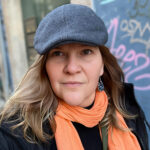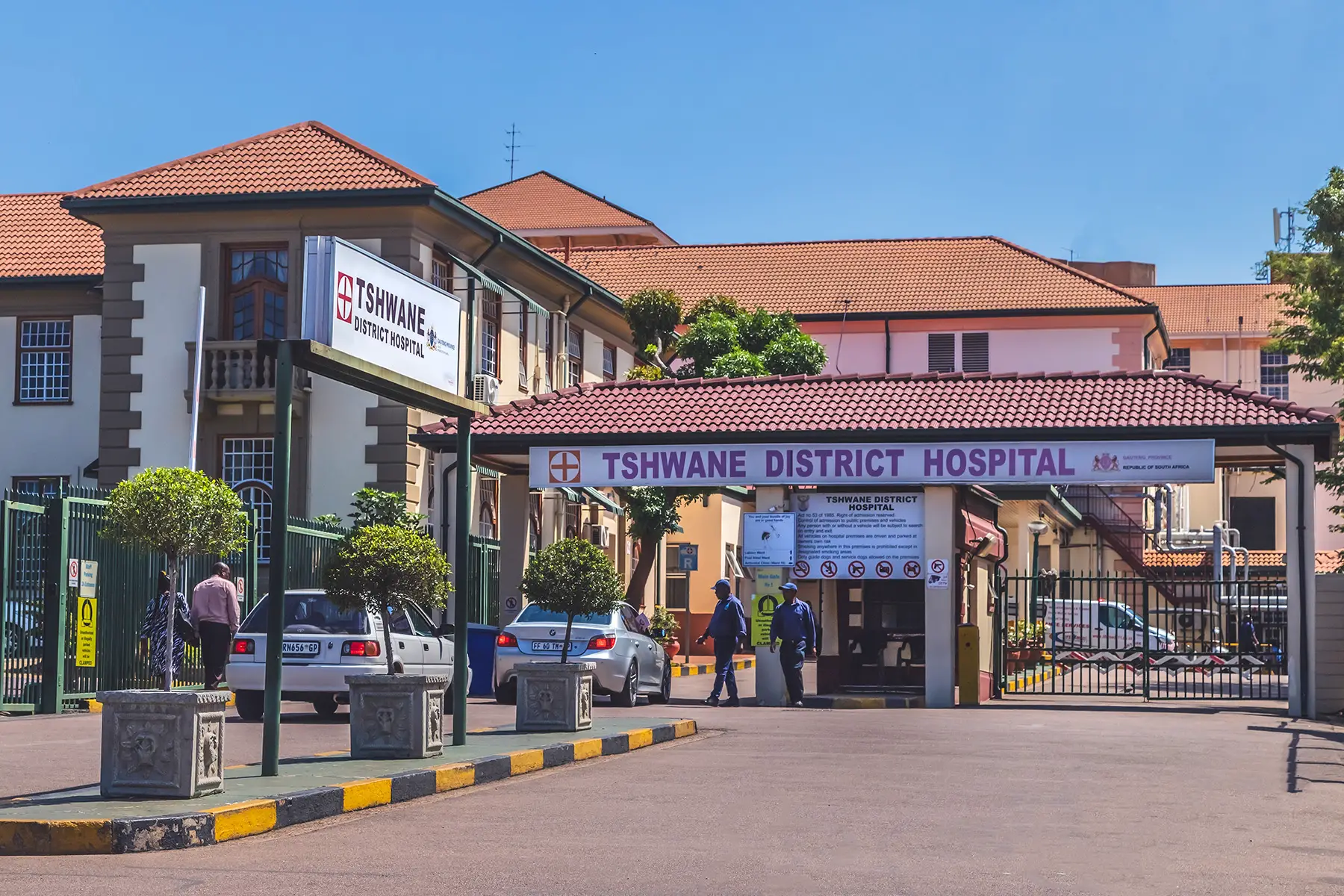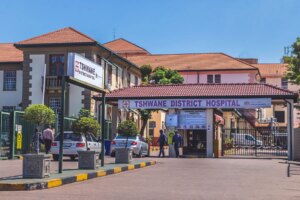South Africa has progressive mental health policies, but public services often face challenges such as limited funding, staff shortages, and long wait times, particularly in rural areas. That said, efforts are ongoing to expand mental healthcare through community-based programs and greater integration with primary healthcare. Private services, meanwhile, offer faster access to psychologists, psychiatrists, and counselors, though they can be costly without medical aid.
Keep reading for more information on the following:
- How does mental healthcare work in South Africa?
- How to access mental healthcare services in South Africa
- Insurance for mental healthcare in South Africa
- Psychologists, psychiatrists, and counselors in South Africa
- Support for drug and alcohol addiction in South Africa
- Services dealing with eating disorders
- Support for those with severe symptoms and long-term conditions
- Mental healthcare for children and young people in South Africa
- Mental healthcare services for special groups
- Emergency support and crisis lines
- Useful resources
Cigna Global
Enjoy peace of mind while living in South Africa with Cigna Global’s long-term international health insurance plans (12+ months). Get tailored coverage, direct billing with many providers, complex case management, and global care on demand, with access to a network of 1.5+ million doctors, specialists, and therapists.
How does mental healthcare work in South Africa?
The National Department of Health is responsible for healthcare in South Africa assisted by provincial governmental departments overseeing their regions.
The overstretched public sector has integrated mental health services into primary healthcare for broader access at state hospitals and clinics. However, there are concerns about having enough resources and specialized services available as it only receives around 5% of the national health budget, which is below international guidelines.
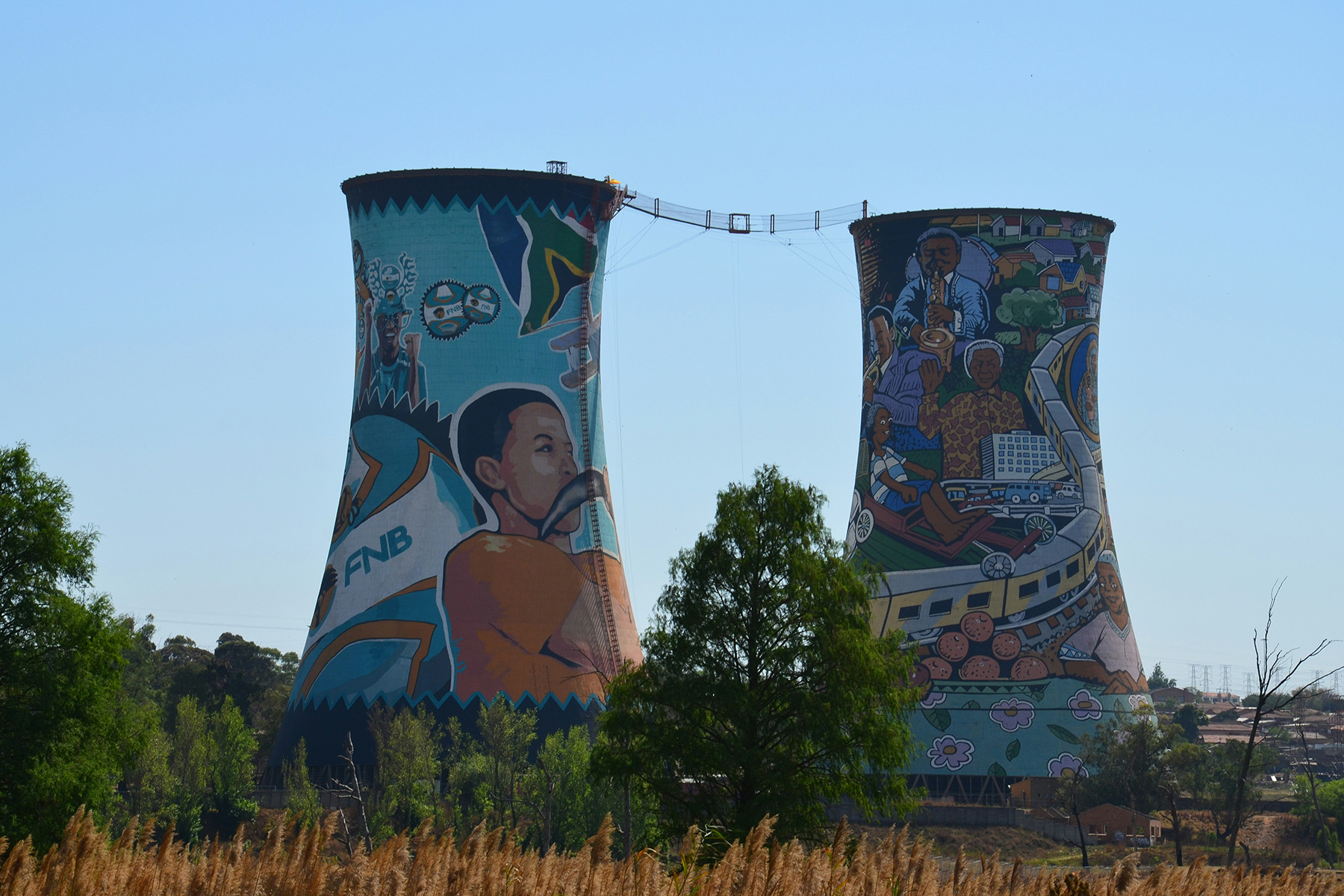
The South African Society of Psychiatrists (SASOP) also criticizes the excessive focus on severe mental health conditions affecting less than 1% of the population and in-patient treatment in psychiatric hospitals. It urges the development of more community programs to promote mental health awareness, early intervention, and treatment for anxiety and depression before these conditions escalate.
As the ratio of patients to psychologists and psychiatrists in the public sector is relatively low, more nurses, clinics, and community organizations are professionally responsible for delivering mental health services.
As such, the South African Federation for Mental Health (SAFMH) is the largest NGO promoting mental well-being nationwide. Additionally, the non-profit South African Depression and Anxiety Group (SADAG) provides free counseling, support groups, referrals, and educational campaigns.
In the private sector, where most psychiatrists and psychologists work, people can access services through their private health insurance (i.e., medical aid). The scope of services tends to be broader, the quality of care higher, and the waiting lists shorter.
How to access mental healthcare services in South Africa
No matter your nationality or immigration status, you can access state mental healthcare services, which are relatively affordable compared to those in countries like the United States and the UAE. Typically, payments are calculated on a sliding scale, depending on your income.
However, you can expect long waiting lists – often a few weeks – at state-run hospitals and psychiatric facilities or to see a mental healthcare specialist. You would also need a referral from your primary care provider or doctor.
Conversely, if you can afford health insurance and your policy covers mental health services, you can book appointments directly with an independent mental health therapist or ask for a referral from your doctor.
Insurance for mental healthcare in South Africa
While South Africa has not yet implemented the National Health Insurance (NHI) scheme, public healthcare is affordable by world standards; your modest co-payment is based on your income.
However, if you have private healthcare (called medical aid in South Africa), you will have access to a broader range of services and specialists, more resources, and shorter waiting times.
Always do your research when looking for a medical aid provider, and ensure that your policy covers mental healthcare. A good starting point is looking at the following reputable insurers:
Typically, you will pay for the sessions and claim reimbursement from your insurance provider.
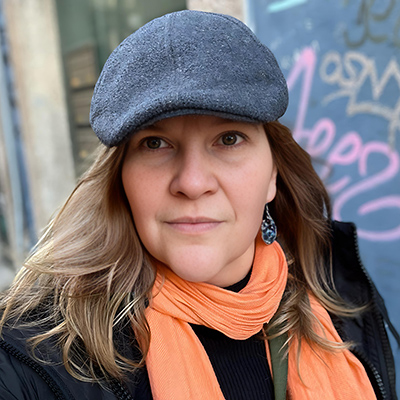
Local editor
Magdalena Laas
Insider Tip
Importantly, the therapist’s invoice or statement should also display their Board of Healthcare Funders (BHF) number; otherwise, the health insurance will not pay out.
Please refer to our comprehensive article, Health Insurance in South Africa, for more information.
Psychologists, psychiatrists, and counselors in South Africa
To be referred to a psychiatrist or psychologist in the public system (i.e., clinic or hospital), you’ll need an assessment from a psychiatric nurse or approved medical practitioner (e.g., your doctor).
Psychologists and psychiatrists must be registered with the Health Professions Council of SA (HPCSA) to practice. Most psychologists listed with the HPCSA are clinical, educational, or counseling psychologists.
Depending on their qualifications, counselors must register with the Association for Supportive Counsellors and Holistic Practitioners (ASCHP) or the HPCSA. Many are also members of the South African Association of Counsellors (SAAC), one of the country’s largest registration bodies for counselors, life coaches, and facilitators or mentors.
However, as they can’t diagnose or treat mental disorders, they may refer clients to other specialists.

Many counselors, therapists, psychologists, and psychiatrists work in private practice or have consultation rooms at private hospitals across the country, such as MediClinic and Netcare. If you’re going private, you can contact the specialist directly. However, for admissions to psychiatric clinics, you may need a referral.
You can ask your health insurance company for a list of preferred professionals or search online databases, such as Therapy Directory. You could also find a psychiatrist via the South African Society of Psychiatrists (SACOP).
Always ensure your chosen specialist is registered with the Health Professions Council of South Africa (HPCSA), which regulates mental health professionals’ training, qualifications, and service.
For immigrants, finding an English-speaking therapist across South Africa should not pose a challenge. English is one of the 12 official languages, and most university training for therapists is conducted in English, ensuring accessibility to mental health support.

Local editor
Magdalena Laas
Insider Tip
A 50−70-minute session with a psychologist or psychiatrist in private practice can cost between R1000−3,000, while a counselor’s fees may start at R600.
You can also access online therapy via the Headroom platform, which is more affordable. Alternatively, organizations like LifeLine offer free community-based counseling.
Support for drug and alcohol addiction in South Africa
There are public, community-based, or free substance abuse treatment centers nationwide, including inpatient and outpatient facilities and halfway houses, for example:
- Eden Recovery Center: 027 115 685 197
- Houghton House Rehab Center: 011 787 9142 or 2779 770 7532
You can also call the helpline, South Africa Rehab Centres, at 081 444 7000 for an assessment and guidance on finding the most appropriate service for your needs. If you live in the Western Cape, the local government has a database of recovery centers that you can access.
However, South Africa’s public health services are stretched. While the government has increased state-funded services and improved staff shortages, access to treatment remains limited, and waiting lists for state inpatient facilities are long.
The largest NGO helping individuals and communities is the South African National Council on Alcoholism and Drug Dependence (SANCA). They’re often the first port of call for people seeking treatment, and you can contact them at 011 892 3829.

South Africa has many rehabilitation centers in the private sector, but these can be expensive, for example:
- Changes Addiction Rehab: 081 444 7000
- Riverview Manor: 033 701 1911
- The Foundation Clinic: 010 900 3131
- Twin Rivers Addiction Recovery Centre: 027 828 633 159
The Recovery.com database lists more private rehabilitation facilities across the country.
Fortunately, most medical aids, hospital plans, or private health insurers will pay for a rehab stay. How much, though, depends on your coverage and the treatment.
For sobriety support, the main 12-step recovery groups are free in South Africa. These include:
- Alcoholics Anonymous: 0861 435 722
- Narcotics Anonymous: 0861 00 6962
If your partner, spouse, or a family member’s alcohol use impacts your life negatively, you can also contact Al-Anon for support and resources.
Services dealing with eating disorders
Treatment for eating disorders can be complex, involving a team of clinicians following a holistic plan. This may include psychotherapy, nutritional counseling, possible admission to a treatment facility or hospital, and perhaps medication.
Some public hospitals (e.g., the Tara Hospital) and clinics offer treatment and support for eating disorders, though these services are often more concentrated in urban areas.
Many medical centers also specialize in treating eating disorders privately.
To find a specialized therapist, support group, recovery centers, resources, or information, contact the following:
- Eating Disorder South Africa (EDSA) or Recovery Direct: 081 444 7000
- Eating Disorder Hope: 866 932 1264
- Relapse Prevention: 073 593 2722 (national helpline)
Limited research makes it hard to gauge the prevalence of eating disorders in South Africa. However, there are signs of rising cases, especially among adolescents, influenced by urbanization and cultural changes.
Stigmas still prevail, particularly the misconception that eating disorders do not affect Africans or males, making it harder to recognize and treat these conditions. More research and better treatment options are needed to address this issue effectively in South Africa.
Support for those with severe symptoms and long-term conditions
Severe mental health disorders are typically those that significantly impair a person’s ability to function in daily life, have a profound impact on their quality of life, and may require intensive treatment and support. These can include:
- Major Depressive Disorder
- Severe Anxiety Disorder
- Bipolar Disorder
- Schizophrenia
- Borderline Personality Disorder
- Obsessive-Compulsive Disorder (OCD)
- Post-Traumatic Stress Disorder (PTSD)
- Panic Disorder
If you need more information about specific mental health problems or the process of admission to a psychiatric facility, call the national Mental Health Helpline at 0800 12 13 14.
Only a spouse, next of kin, partner, associate, parent, or guardian of the person with severe mental health problems can apply for admission to a psychiatric hospital. If none of these relatives exist, a healthcare provider may apply.

The admission process will involve the following steps:
- Contact a doctor or a clinical psychiatrist
- The medical professional will access and examine the person and write a referral if needed
- Contact a psychiatric facility or hospital for admission
- Provide these supporting documents
- Referral letter
- Patient’s written consent
- The parent/guardian’s written consent if the patient is a minor
- Copy of the identity document of the person admitted
The waitlist depends on when a bed becomes available and the severity of the person’s mental health condition. Of course, if your mental health condition is so serious that you are a threat to yourself or others, a court will order you to be committed to a psychiatric unit.
If the person is too ill to consent to medical intervention, the stay and treatment will be free. Otherwise, the hospital will charge for therapy on a sliding scale (i.e., Uniform Patient Fees Schedule).
With health insurance, you can consider one of the many private hospitals offering mental health services nationwide.
The most established psychiatric hospitals and facilities in South Africa include:
- Crescent Clinic (private): 021 762 7666
- Denmar Psychiatric Hospital (private): 086 117 3322
- Elizabeth Donkin Hospital (public): 041 506 6100
- Fort England Psychiatric Hospital (public): 046 602 2300
- Valkenberg Hospital (public): 021 440 3111
- Weskoppies Psychiatric Hospital (public): 012 319 9500
For more information on where to go for help, contact the South African Schizophrenia and Bipolar Disorders Alliance (SABDA) or use SADAG’s useful guide on schizophrenia that includes a list of state hospitals, assisted accommodation, or support groups.
Suicide
If you need help, do not hesitate to call any of the following numbers:
- Netcare Akeso Crisis Helpline: 0861 435 787
- SADAG’s Suicide Hotline: 0800 567 567
- SADAG 24-hour helpline: 0800 12 13 14
- Lifeline: 0861 322 322
- Cipla Mental Health Helpline: 0800 456 789
If you are worried about a loved one, friend, or colleague, you can also phone the following helplines:
- 0800 21 22 23 (8:00 to 20:00)
- 0800 12 13 14 (20:00 to 08:00)
- SMS 31393
The trained counselors can also refer you to local support groups and therapists.
Mental healthcare for children and young people in South Africa
There’s a significant gap in mental health service delivery for children and adolescents in South Africa. Although the South African Constitution protects children’s rights to quality healthcare, mental healthcare remains under-resourced. While there are top-rated children’s hospitals and psychiatry units in the Western Cape, the availability of child psychiatrists in the state system overall is limited.
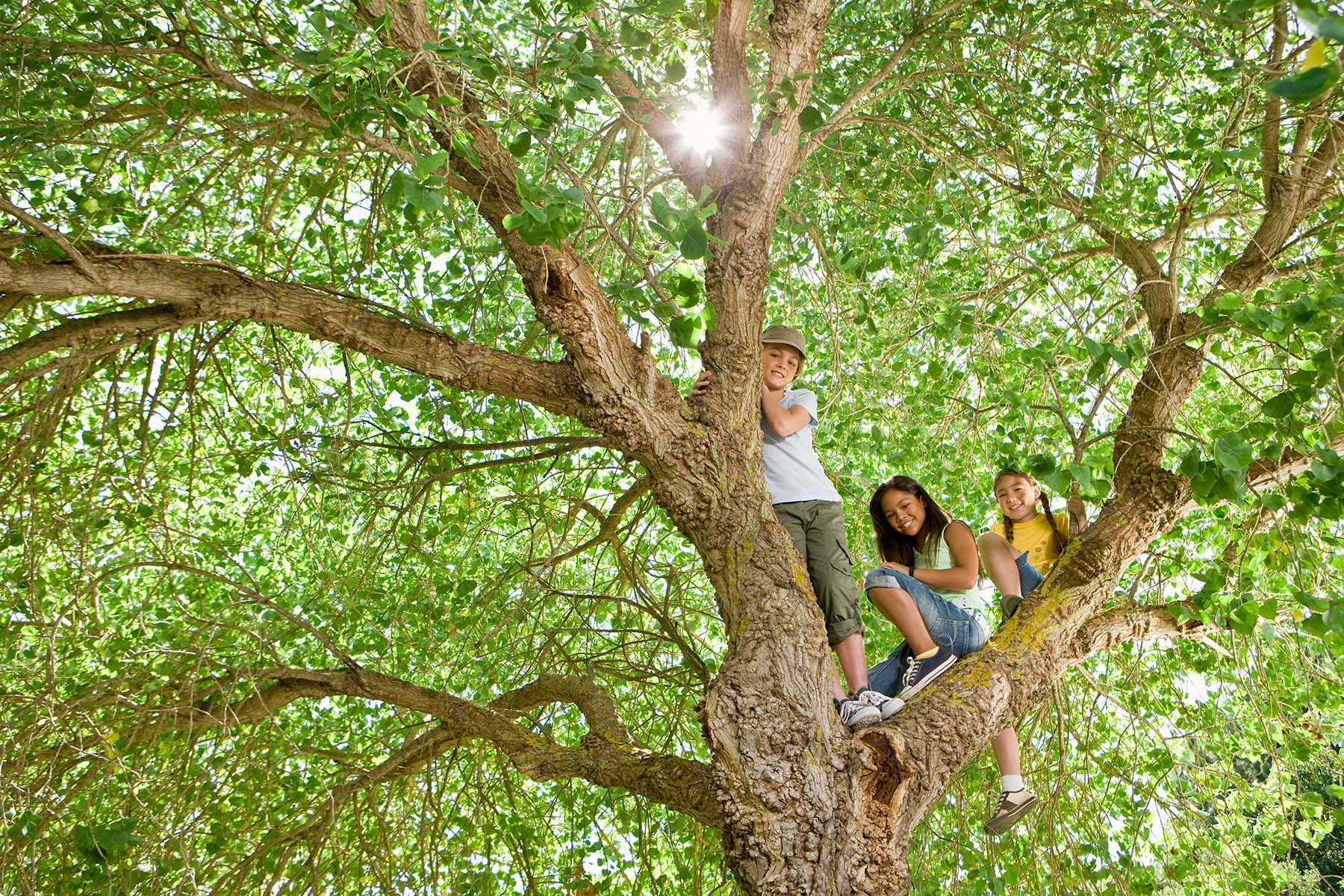
Child and Adolescent Mental Healthcare Services (CAMH) in South Africa address various mental health issues among young people, including depression, anxiety, and other psychiatric conditions. However, services are limited, especially in public healthcare settings, with urban areas like Cape Town, Johannesburg, eThekwini (Durban), and Tshwane (Pretoria) having more coverage.
Primary healthcare clinics, district hospitals, and specialist CAMH facilities all provide mental health services for children and youth. Nevertheless, understaffing and a lack of facilities lead to significant delays in referrals, resulting in long wait times for specialists, which can exacerbate a child’s condition and worsen their situation.
Some mental health services may not be fully subsidized by the state, requiring families to pay out of pocket. Even though the fees are calculated on a sliding scale, specialized care is sometimes unaffordable.
Fortunately, the non-profit ChildLine South Africa has a free counseling helpline and online chat for children, teenagers, and adults with concerns about children.
Schools may have counselors or life orientation teachers who give career guidance and teach life skills. They are also the first port of call for students struggling with their mental health.
You can access private mental health services for your children if you can afford the fees or if your medical aid policy covers it, as children under 18 can be listed as dependents on their parents’ health insurance.
Your local doctor or pediatrician can refer your child to the appropriate public mental health services, or you can contact a private specialist directly. Note that children under 18 need consent from a parent, legal guardian, or court-appointed officer.
Mental healthcare services for special groups
In South Africa, women, LGBTQIA+ people, those living with disabilities (intellectual and physical), migrants, refugees, and older adults may be more vulnerable to experiencing mental health challenges.
Refugees and migrants often encounter unique challenges, such as integration difficulties and post-traumatic stress due to migration experiences. Consequently, the prevalence of xenophobia in South Africa puts foreign nationals at risk of severe psychological distress.
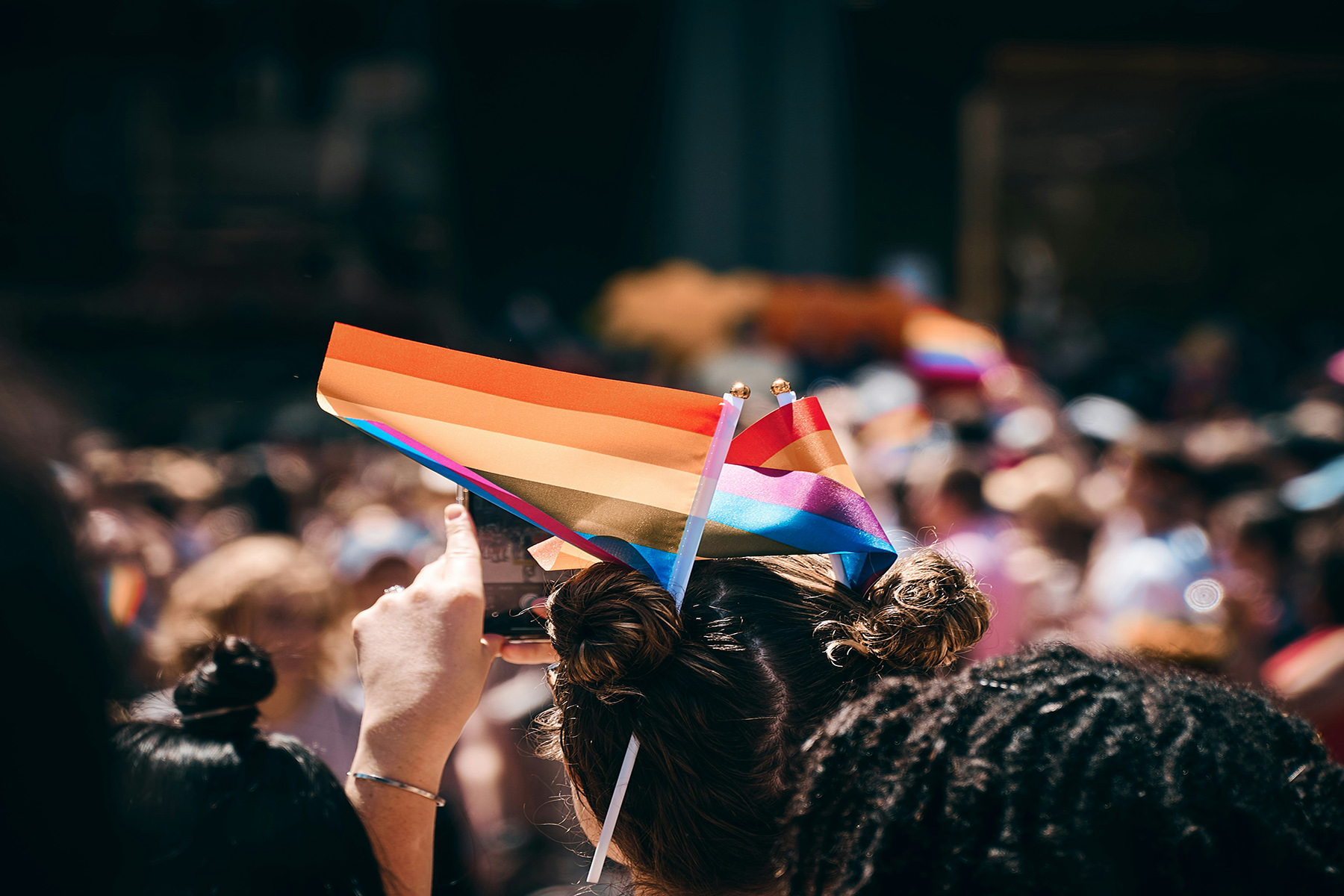
South Africa offers targeted mental healthcare services for various special groups, including women, minorities, people with disabilities, migrants, and refugees, for example:
| Group | Type of support | Organization | Contact |
| People with disabilities | Information portal | Disability Info SA | 021 761 4831 |
| Women | Support for survivors of domestic abuse, including safe houses, counseling and legal services | People Opposing Women Abuse (POWA) | 011 642 4345 |
| Women | Gender violence helpline | LifeLine | 0800 150 150 |
| LGBTQIA+ | Counseling, referrals | SADAG | 011 234 4837 |
| LGBTQIA+ | Medical clinic, solidarity spaces, counseling services | The Triangle Project | 021 422 0255 |
| Deaf or hard-of-hearing | Provides a database of professionals | South African Society for Mental Health and Deafness | [email protected] |
| Deaf or hard-of-hearing | Arrange meetings between Deaf children and counselors who use sign language | ChildLine | Call 116 (24/7) |
| Older adults | Therapist database | Therapist Directory | No phone number |
| Older adults | Offer health clinics, advocacy, accommodation support | Noah | 021 447 6334 |
| Refugees / migrants | Social assistance | UN Refugee Agency (UNHCR) | 0800 100 030 |
| People living with HIV/Aids | Online chats with specialists and mental health professionals | Justanswer.com | No phone number |
| People living with HIV/Aids | Aids helpline | LifeLife | 0800 012 322 |
Emergency support and crisis lines
For detailed information on emergency services and numbers in South Africa, refer to our comprehensive article. Below are a few handy numbers for quick reference:
| Emergency Service | Number |
| South African Police Service (SAPS) | 10111 |
| Ambulance | 10777 |
| Netcare (private ambulance) | 112 |
| Gender-Based Violence Command Centre | 0800 428 428 |
| LifeLine | 0861 322 322 |
| ChildLine SA | 031 201 2059 |
| SANCA | 011 892 3829 076 535 1701 (WhatsApp) |
| SADAG | 0800 456 789 076 882 2775 (WhatsApp) 31393 (SMS) |
| POWA (People Opposing Women Abuse) | 011 642 4345/6 or 011 591 6800 060 400 0669 (WhatsApp) |
| Families South Africa (Famsa) | 011 975 7106/7 |
| Rape Crisis | 021 465 7373 |
| The Trauma Centre | 021 465 7373 |
Useful resources
- South African Human Rights Commission (SAHRC) – 2017 report on the status of mental health care
- South African Society of Psychiatrists (SASOP) – the professional body for psychiatrists
- South African Association of Counsellors (SAAC) – the largest registration body for counselors, life coaches, and facilitators or mentors, you can search their members’ list for a practitioner
- South African government – list of health departments and associations
- Mental Health Act – download the act for more information
- MedicalAidE – list of medical aids (health insurance) in South Africa
- South African Federation for Mental Health (SAFMH) − the largest national mental health federation
- South African National Council on Alcoholism and Drug Dependence (SANCA) − info, support, and resources
- South African Depression and Anxiety Group (SADAG) – info, support, and resources
- Therapist Directory − directory of psychologists, psychotherapists, counselors and social workers
- Headroom − licensed therapists online

